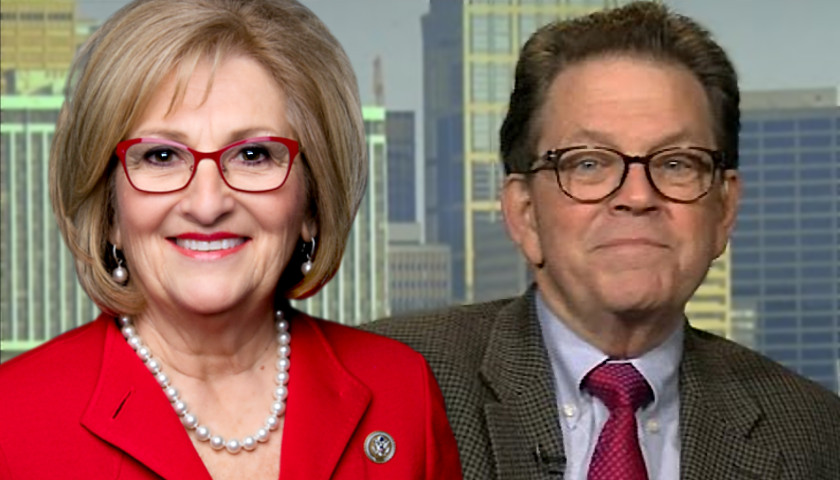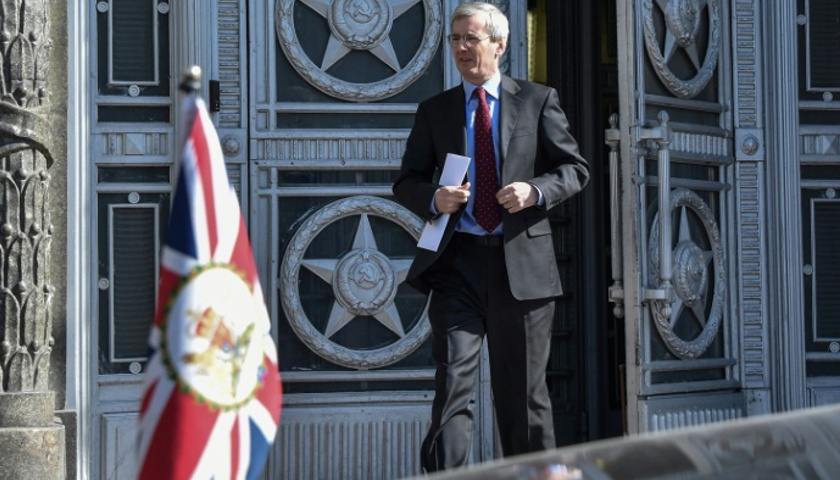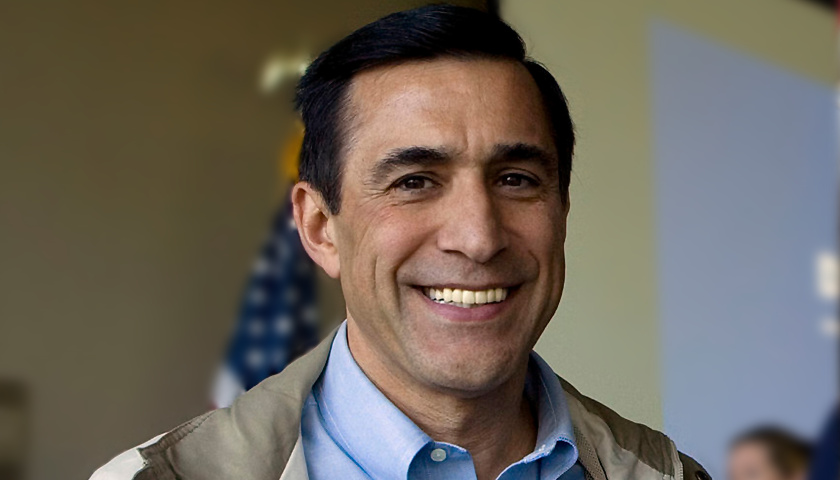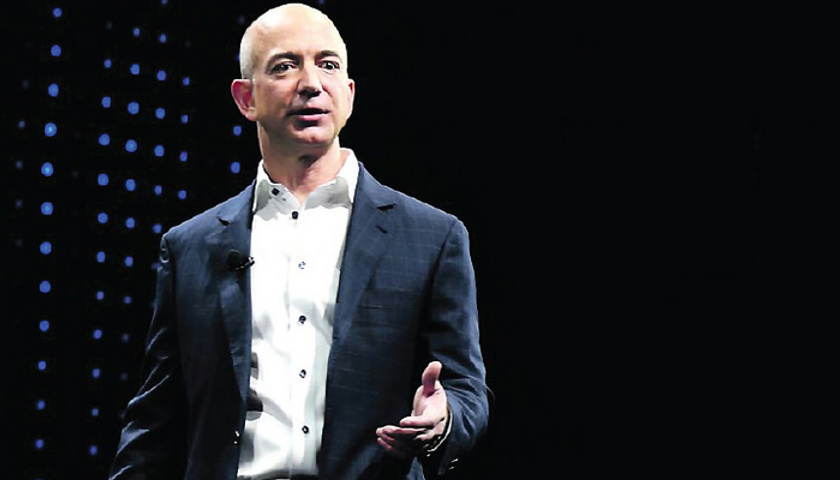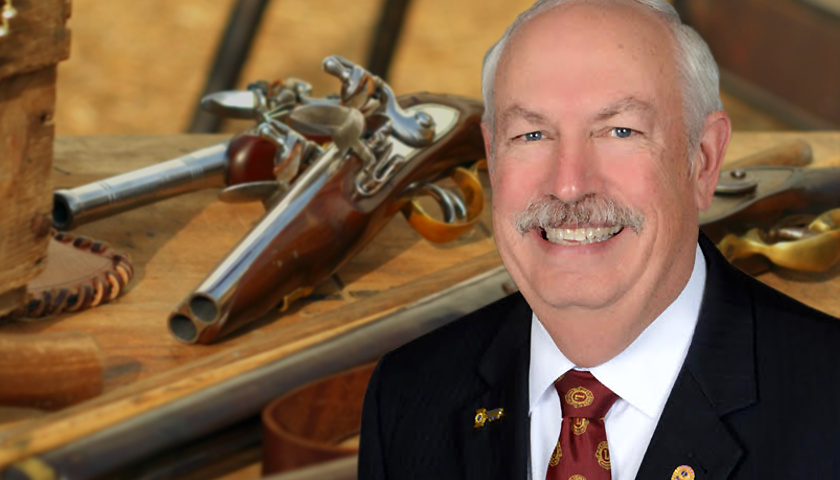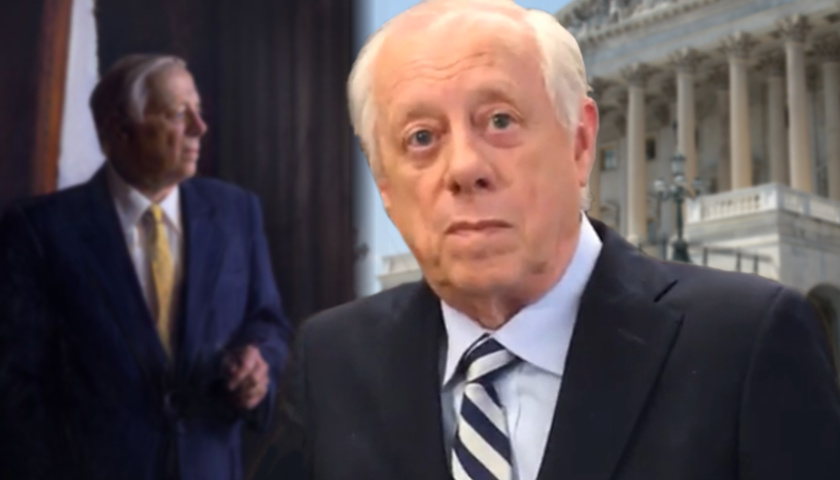It might be a case of the rich getting richer. When the Nashville Predators host the Buffalo Sabres on Saturday night, they might put 18-year old Eeli Tolvanen in the lineup for his NHL debut, adding potentially more scoring punch to one of the league’s most explosive teams.
Read the full storyDay: March 31, 2018
Diane Black and Art Laffer Op-Ed: ‘Transit Plan Will Mire Nashville in Debt and Taxes’
Gubernatorial candidate Diane Black, along with Reagan-era economic policy advisor and author Dr. Arthur B. Laffer, wrote an op-ed appearing in The Tennessean Friday critical of the $9 billion Transit plan set for a vote by public referendum on May 1. “New jobs in manufacturing are soaring and businesses are moving to Tennessee on a daily basis,” the quick-reading, six hundred word piece begins. It continues: This stands in stark contrast to states like Pennsylvania, Michigan, New Jersey, Indiana, Illinois, Connecticut, Ohio and West Virginia. Those states have suffered from job losses in steel, coal and automobiles, resulting in politicians pointing their fingers at the “predatory” trade practices of China, Vietnam and Japan. But the reason we’re doing so well and those other states are languishing is not because of foreigners dumping products in the U.S. Our incredible success is, in part, due to the fact that Tennessee doesn’t have an income tax or a death tax. Our property taxes are low and our overall tax burden is third lowest in the nation. We have excellent public services, such as highways, and improvements in our school system are close to the highest in the United States. Tennessee also has budget…
Read the full storyTrump ‘Launching the Next Phase of America’s Economic Comeback’
President Donald Trump touted his $1.5 trillion investment plan to rebuild America’s “crumbling infrastructure” during a speech Thursday in Ohio, saying that his administration is “launching the next phase of America’s economic comeback.” Speaking to a crowd in richfield, Ohio, the chief executive said “Americans have watched as Washington spent trillions and trillions of dollars building up foreign countries while allowing our own country’s infrastructure to fall into a state of total disrepair.
Read the full storyHow Cambridge Analytica’s Facebook Targeting Model Really Worked – According to the Person Who Built It
by Matthew Hindman The researcher whose work is at the center of the Facebook-Cambridge Analytica data analysis and political advertising uproar has revealed that his method worked much like the one Netflix uses to recommend movies. In an email to me, Cambridge University scholar Aleksandr Kogan explained how his statistical model processed Facebook data for Cambridge Analytica. The accuracy he claims suggests it works about as well as established voter-targeting methods based on demographics like race, age and gender. If confirmed, Kogan’s account would mean the digital modeling Cambridge Analytica used was hardly the virtual crystal ball a few have claimed. Yet the numbers Kogan provides also show what is – and isn’t – actually possible by combining personal data with machine learning for political ends. Regarding one key public concern, though, Kogan’s numbers suggest that information on users’ personalities or “psychographics” was just a modest part of how the model targeted citizens. It was not a personality model strictly speaking, but rather one that boiled down demographics, social influences, personality and everything else into a big correlated lump. This soak-up-all-the-correlation-and-call-it-personality approach seems to have created a valuable campaign tool, even if the product being sold wasn’t quite as it was billed. The promise of personality targeting In the wake of the revelations that Trump…
Read the full storyDavid A.R. White on New ‘God’s Not Dead’: ‘This Was a Tough One’
“This was a tough one for us,” filmmaker David A.R. White (shown above left) told LifeZette in an exclusive interview about his latest feature, “God’s Not Dead: A Light in the Darkness,” a film he produced and in which he plays a lead role.
Read the full storyRussia Hits Back Against EU Countries in Spy Row
Russia on Friday expelled Dutch diplomats and told Britain it had one month to reduce its diplomatic presence in the country, hitting back at EU countries after a coordinated campaign by the UK and its allies over a nerve agent attack on a former spy. Earlier in the day Russia had summoned the ambassadors of a number of nations including Britain, France, Germany and Canada to inform them of retaliatory measures.
Read the full storyCalifornia Congressman Blasts State Attorney General’s Census Lawsuit
Rep. Darrell Issa (R-Calif.) lashed out Thursday against the leadership of his own state. “This is an amazing day to be in California, a ‘sanctuary’ state suing the federal government for everything, including actually meeting the constitutional requirement of counting people,” he said on “The Laura Ingraham Show.”
Read the full storySix Cloud Types and the Weather They Forecast
by Hannah Christensen Modern weather forecasts rely on complex computer simulators. These simulators use all the physics equations that describe the atmosphere, including the movement of air, the sun’s warmth, and the formation of clouds and rain. Incremental improvements in forecasts over time mean that modern five-day weather forecasts are as skillful as three-day forecasts were 20 years ago. But you don’t need a supercomputer to predict how the weather above your head is likely to change over the next few hours – this has been known across cultures for millennia. By keeping an eye on the skies above you, and knowing a little about how clouds form, you can predict whether rain is on the way. And moreover, a little understanding of the physics behind cloud formation highlights the complexity of the atmosphere, and sheds some light on why predicting the weather beyond a few days is such a challenging problem. So here are six clouds to keep an eye out for, and how they can help you understand the weather. 1) Cumulus Clouds form when air cools to the dew point, the temperature at which the air can no longer hold all its water vapour. At this temperature, water vapour condenses to…
Read the full storyAmazon Cuts Ties with Lobbying Groups
Amazon terminated several lobbying contracts related to the issue of an online sales tax, Politico reported on Friday. The company was working with Squire Patton Boggs and Akin Gump Strauss Hauer & Feld on the issue of a national online sales tax to be included in the latest spending bill.
Read the full storyBob Corlew Commentary: Our Second Amendment Rights are Timeless
by Bob Corlew I wish to write in response to former Supreme Court Justice John Paul Stevens’ recent Op-ed in The New York Times calling on the repeal of the Second Amendment. In an effort to uphold the law, as a citizen myself, but as a student of the law and former law professor and state court judge, I find it troubling that a core part of Justice Stevens’ argument, and the argument of many gun control advocates that the Second Amendment should be repealed is that private gun ownership and the Second Amendment protecting it is antiquated. The role of a Judge in America still today is that of interpreting the law that has been written. Too many judges today seek to cross the bridge from the role of interpretation of the law to that of becoming an activist in making or enforcing the law, which roles, of course, constitutionally are assigned to legislative and executive branches respectively. I understand that Mr. Stevens is now a private citizen, as I am, and in that role, he is free as a citizen to exercise his First Amendment right to speak on the issues of the Second Amendment, but I…
Read the full storyJudge Orders Coffee Sellers in California to Put Cancer Warning on Products
A Los Angeles judge Thursday ordered coffee companies to abide by California state law and put cancer warning labels on their products. A nonprofit group called the Council for Education and Research on Toxics is suing such popular coffee roasters and retailers as Starbucks, Dunkin’ Donuts and McDonald’s.
Read the full storyPentagon Remains Silent on Transgender Policy
Nearly a week after President Donald Trump issued an order banning some transgender people from serving in the U.S. military, the Pentagon is refusing to provide clarity, citing ongoing legal challenges. Last Friday, the White House released a memo from Trump to Secretary of Defense James Mattis and Secretary of Homeland Security Kirstjen Nielsen, stating the administration concurred with a policy for transgender service members privately recommended by Mattis in late February.
Read the full storyTrump to Host Summit Marking Baltic Independence Centennial
President Donald Trump will host the leaders of Estonia, Latvia and Lithuania for a Baltic Summit at the White House on April 3. According to Principal Deputy Press Secretary Raj Shah, Trump and the three heads of state will celebrate the 100th anniversary of Estonia, Latvia, and Lithuania’s independence.
Read the full storyExperts Find Answer to the Knuckle-Popping Puzzle
It has puzzled scientists for over 100 years but now they appear to have cracked it: what, exactly, is it that causes that wince-inducing sound when you pop your knuckles? Love it or loathe it, knuckle-cracking is very common. Earlier studies have established that not all joints can be cracked, and that – for that those that can – the act can’t be repeated for another 20 minutes.
Read the full storyIf Elected, Democrat Phil Bredesen Would Likely Be the Wealthiest Sitting Senator
Financial disclosures filed Friday afternoon show that Democrat Phil Bredesen – were he to be elected to the U.S. Senate over Republican front-runner Marsha Blackburn – would likely oust fellow Democrat Mark Warner (D-VA) to become the nation’s wealthiest sitting Senator. Bredesen, who is running unopposed in the Democratic primary and is wooing Independents and moderate Republicans with rhetoric of ‘being the adult in the room,’ reports his total worth – including investments, assets, and income – at somewhere between $92 and $378 million. The large 300% swing in the total value of his net worth goes to the nature of the reporting being largely expressed in ranges. For example, the thirty-page report lists six bank accounts with cash values of as small as “$50,000 – $100,000” and as large as “$5,000,000 t0 $25,000,000.” In all, the former Nashville Mayor and ex-governor disclosed investments totalling between $88.9 and $358 million. In addition to those holdings, Bredesen says is income for this reporting period (January 2017 to February 2018) from $3.3 million to $20.1 million, which includes $8,517 from his City of Nashville pension and $110,900 from his State of Tennessee pension. The Associated Press reported that if he’s elected, he’ll resign as chairman of his solar energy company,…
Read the full story

